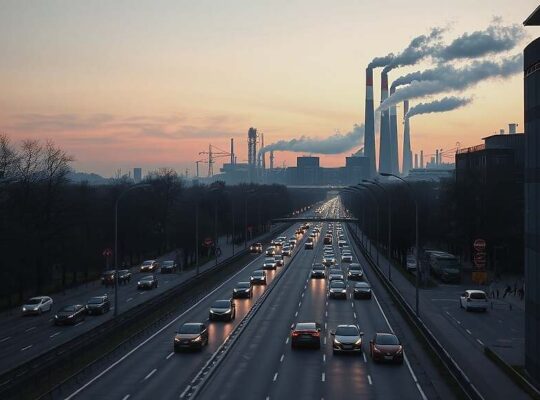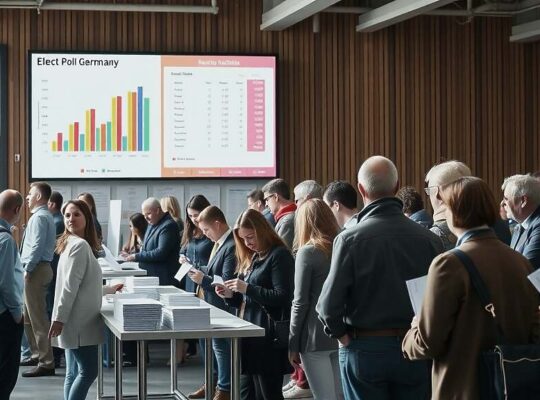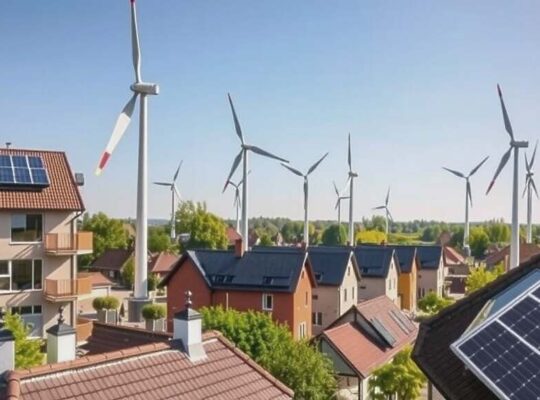Germany is projected to experience a significant increase in electricity demand by 2045, according to a new study by the consultancy firm “Path to Zero” as reported by the “Handelsblatt”. Even under a scenario involving a slower transition to electric mobility and heat pumps, coupled with substantial hydrogen imports rather than domestic, energy-intensive hydrogen production, electricity consumption is forecast to reach 881.5 terawatt-hours annually. Current consumption stands at approximately 500 terawatt-hours per year.
This finding aligns with a broad consensus emerging from various energy transition studies conducted in recent months. The “Handelsblatt”‘s analysis included the “Path to Zero” report alongside publications from Agora Energiewende, McKinsey, EnBW and Epico.
While these publications differ in their specific recommendations for the advancement of Germany’s energy transition, all evaluated scenarios and forecasts anticipate rising electricity demand and a continued, substantial expansion of renewable energy sources. For example, one study by energy company EnBW projects a photovoltaic capacity of 254 gigawatts by 2045 – considerably less than the projections of other studies. However, even to achieve this target, the current pace of renewable energy expansion would need to be maintained.
The speed of renewable energy deployment is currently the subject of political debate. Federal Minister for Economic Affairs and Climate Action, Katharina Reiche, has commissioned an “Energy Transition Monitoring” report, due to be completed on August 31st, in response to recently lowered growth forecasts.












